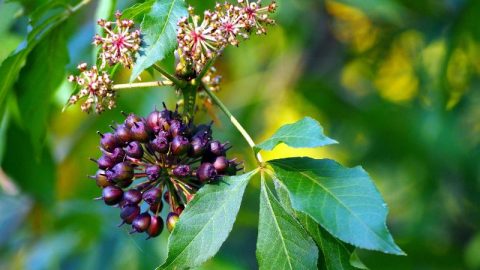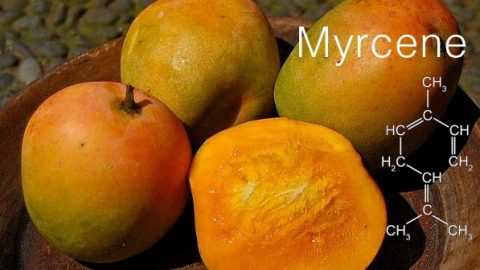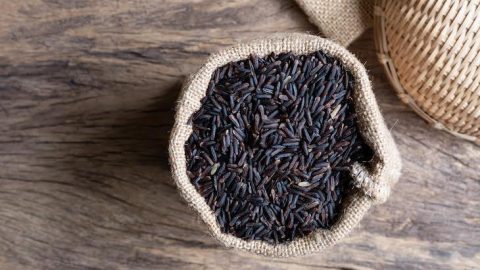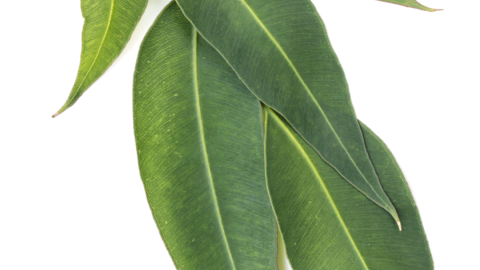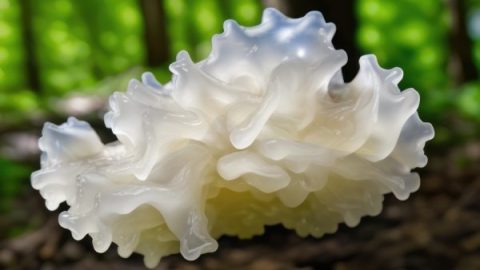Welcome to CannaGlobe’s Weekly Hit, your preferred guide to the world of good health through Cannabis and Mushrooms.
Knock Knock.
Who’s there?
Beta Pinene Terpene.
Beta Pinene Terpene who?
Pinene (C10H16) the bicyclic, double bond, terpenoid hydrocarbon isomer found in nature.
OK, so that’s about as funny as the joke I told in junior high and high school that cracked me up. Two penguins were taking a shower. One penguin asked the other one to pass him the pink bar of soap. The other penguin responded, “What do you think I am, a typewriter?” My friends and I would all laugh our heads off, making the recipient of the joke feel like a dummy for not getting it. There was nothing to get, because it wasn’t funny. What was funny was watching the person try and figure out why they should be laughing as well, but just couldn’t, or laughed nervously as if they got it so not to feel left out. When I read the definition of a beta pinene terpene, that joke instantly popped into my mind because the definition flew directly over my head like an F-16. So, let’s land this plane and take a quick look inside.
Terpenes are chemical compounds that give plants their distinct scents, such as the spiciness of black pepper and the aroma of a pine forest. These compounds also aid in attracting pollinators like bees while deterring predators. Thousands of terpenes exist in nature, with over 150 found in cannabis. Each cannabis strain has a unique terpene profile that evolves during its growth, and these terpenes collaborate with cannabinoids like CBD and THC to create specific physiological effects. The varying levels of terpenes across different cannabis chemovars explain the diverse experiences from one strain to another.
Pinene is a well-documented terpene in cannabis, existing in two forms: Alpha-pinene (α-pinene) and beta-pinene (β-pinene). Alpha-pinene emits a fragrance of pine needles and rosemary, whereas beta-pinene exudes an aroma of basil, dill, hops, and parsley. Alpha-pinene is more commonly found in cannabis and is typically the one referenced without further distinction. This terpene is the most prevalent in the plant world and is significantly produced by a variety of plants such as basil, cedar, conifer trees, dill, eucalyptus, oranges (primarily the rind), parsley, pine trees (mainly the needles), rosemary, and many others. Additionally, it is found in turpentine, a substance distilled from pine trees and historically used as a detergent, medicine, and paint solvent.
The most significant medicinal benefit of pinene is its ability to boost mental focus and energy. Interestingly, it also benefits asthmatics and those with lung conditions by acting as a bronchodilator, enhancing airflow to the lungs. Pinene’s anti-inflammatory properties make it useful for treating inflammatory diseases such as arthritis and fibromyalgia. It is also an effective ingredient in topical antiseptics. Moreover, pinene can mitigate the short-term memory loss induced by the psychoactive cannabinoid THC, indicating its potential in a variety of cannabis products. Notably, pinene shows promise in combating cancer.
The comprehensive therapeutic potential of cannabis is best realized through the combined action of its compounds, a concept known as the “entourage effect.” This principle highlights how cannabinoids, terpenes, and flavonoids interact to amplify the plant’s healing capabilities. Historically, cannabis’ benefits were linked to individual cannabinoids such as THC and CBD. However, research now shows that the full profile of compounds is essential for the overall effect. Terpenes are integral to the entourage effect, constituting 10-20% of the resin on cannabis flowers. Pinene, for example, enhances lung capacity and mitigates THC-induced short-term memory loss, while also enhancing CBD’s anti-inflammatory properties. Though isolated terpenes like pinene do not cause a high, they are crucial in shaping the psychoactive experience by contributing to the entourage effect. As a bronchodilator, pinene allows for deeper breaths when inhaling cannabis, which can intensify the high.
Thanks for taking this quick rundown on Terpenes with me. I’ll Hit you up next time.

